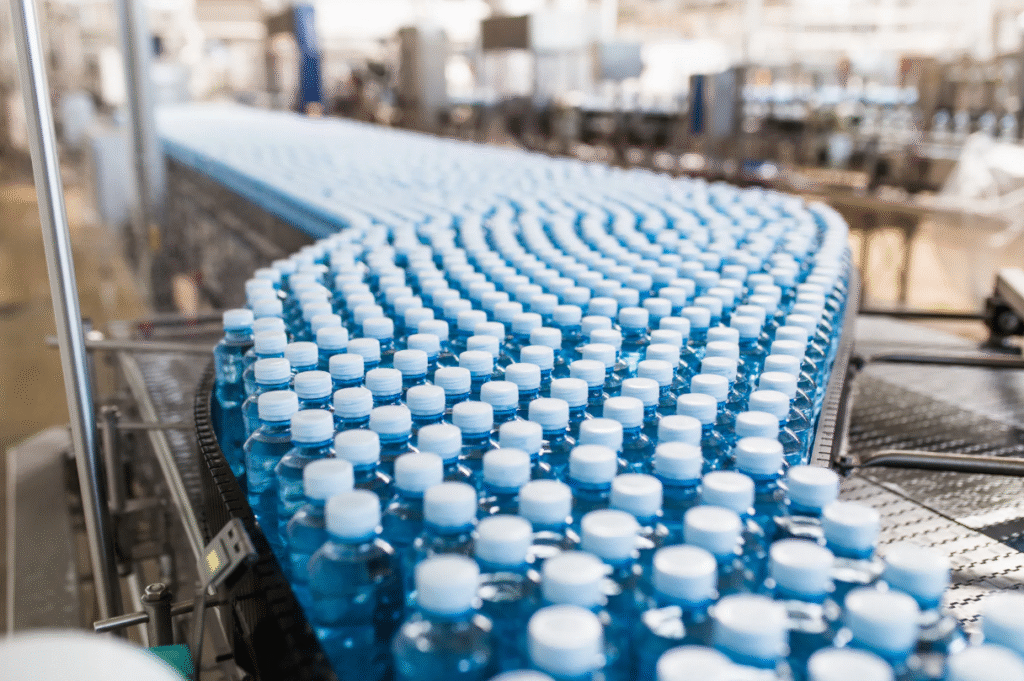Geneva, Switzerland. Concerns are mounting over the influence of fossil fuel and chemical industry lobbyists in the ongoing negotiations for a Global Plastics Treaty, after new analysis revealed the scale of their presence at the talks.
According to the analysis conducted by the Center for International Environmental Law (CIEL), a total of 234 lobbyists from fossil fuel and chemical companies have secured access to the resumed fifth session of the Intergovernmental Negotiating Committee (INC5.2) in Geneva.
The session is a crucial stage in the effort to forge a legally binding agreement to end plastic pollution worldwide. Environmental campaigners warn that such a strong industry presence risks weakening the ambition of the treaty.
Graham Forbes, Greenpeace Head of Delegation to the Global Plastics Treaty negotiations and Global Campaign Lead for Greenpeace USA, said the talks are being undermined.
“The flood of fossil fuel and petrochemical lobbyists in Geneva is undermining the world’s best chance to end plastic pollution and protect human health,” he said.
Forbes argued it is unacceptable that industries profiting from the crisis are being placed at the centre of decision-making.
He warned these actors have a vested interest in securing a weak agreement — one that would allow them to continue producing plastics indefinitely.
According to him, this approach would condemn future generations to a toxic future.
He called on governments to show leadership by rejecting industry narratives and delivering a strong, effective treaty.
“Polluters must not be allowed to write the rules,” Forbes stressed.
As negotiations continue, civil society groups are urging governments to resist industry pressure and push for strong measures that address plastic production at its source.
For many environmental advocates, this round of talks represents a decisive moment — the point at which political will could either deliver a transformative treaty or allow plastic pollution to persist unchecked for decades.


